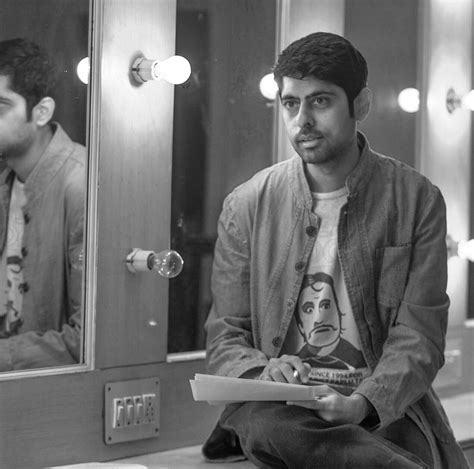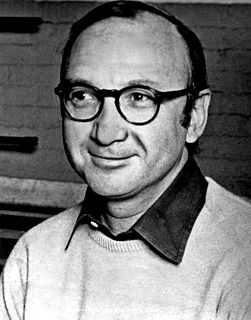A Quote by Alex Garland
My first attempt at writing was very unstructured and formless, with shifting points of view. I was trying to understand how long form might work, and I realized I had something shapeless. It was a total car wreck. But I still felt I could pull it off. So I ditched that attempt and started writing in the opposite manner, in first person, with a driving narrative.
Related Quotes
I love that "furious and gorgeous barrage." That helps me see the relation between the introduction and the book's final section, where writing about a fire (and about the attempt to understand the event), also becomes an attempt to understand how writing might get closer to the fire, in so many ways.
Religion is part of the human make-up. It's also part of our cultural and intellectual history. Religion was our first attempt at literature, the texts, our first attempt at cosmology, making sense of where we are in the universe, our first attempt at health care, believing in faith healing, our first attempt at philosophy.
When I first had a child, I really had a hard time trying to figure out how it was all going to fit together. Because I felt like, when I was with him, I wanted to be writing and I should be writing. And when I was writing, I felt like I should be with him, and wanted to be with him. So I was unhappy a lot.
Writing, for me, when I'm writing in the first-person, is like a form of acting. So as I'm writing, the character or self I'm writing about and my whole self - when I began the book - become entwined. It's soon hard to tell them apart. The voice I'm trying to explore directs my own perceptions and thoughts.
The first piece of 'long' fiction I wrote was a novella parody of Stephen King's 'Christine.' I was in high school, and my version was about a kid with a possessed locker instead of a possessed car. It was also my first attempt at humour, which fell completely flat because no one who read it realized it was a parody!
Francie was ten years old when she first found an outlet in writing. What she wrote was of little consequence. What was important was that the attempt to write stories kept her straight on the dividing line between truth and fiction. If she had not found this outlet in writing, she might have grown up to be a tremendous liar.






































